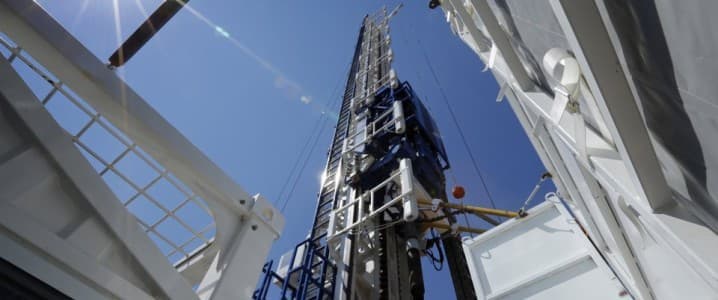Kazakhstan has restarted oil shipments through the Baku-Tbilisi-Ceyhan (BTC) pipeline after a one-month suspension, restoring a key westward export route that bypasses Russia.
State company KazMunayGas confirmed that 8,800 tonnes of crude from the Kashagan field were loaded at the port of Aktau on September 13, bound for Azerbaijan. A second shipment is scheduled for September 20, according to local outlet Kapital.kz. The crude will travel by tanker across the Caspian Sea to Baku before entering the BTC system for delivery to Turkey’s Ceyhan terminal on the Mediterranean.
Azerbaijan’s statistics show BTC volumes down 19.4% year-on-year in January-August, while third-party crude from Kazakhstan and Turkmenistan accounted for about 15.7% of throughput.
Exports through BTC were halted in August due to contamination concerns, with Kazakhstan forced to divert volumes. The interruption underscored the fragility of transit alternatives as Astana seeks to reduce reliance on Russia’s Caspian Pipeline Consortium (CPC), which still handles the bulk of Kazakh crude exports. News service Orda.kz noted that shipments via BTC had totaled 0.9 million tonnes in the first eight months of 2025.
Local media Sputnik Kazakhstan and Lada.kz confirmed the restart, citing KazMunayGas as the source, noting that contamination issues have been resolved, clearing the way for renewed flows.
Kazakhstan has been steadily increasing shipments through BTC since an agreement between KazMunayGas and Azerbaijan’s SOCAR was signed in 2022, part of a diversification strategy accelerated by Russia’s war in Ukraine. Although the volumes are still modest compared with CPC’s 1.3 million barrels per day capacity, each resumption reinforces Astana’s intent to secure alternative corridors to global markets. CPC flows remain vulnerable to weather-related stoppages and periodic Russian legal actions, and each resumed BTC shipment reassures refiners in the Mediterranean market that Astana is serious about alternative corridors. At the same time, Kazakhstan has been in talks with Trans-Caspian partners about boosting rail and tanker capacity across the Caspian, which could further increase non-Russian export routes by 2026.
By Charles Kennedy for Oilprice.com
More Top Reads From Oilprice.com

